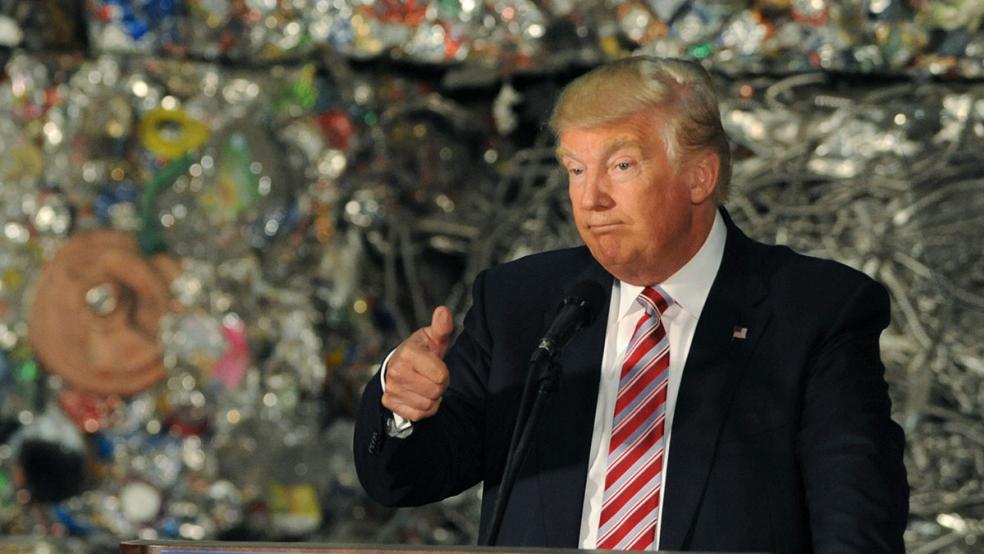After the positive employment report last week, we are hearing that faster wage growth may be “around the corner.” This is not the first time this hope has been raised, but workers have not yet realized significant gains. Will this time be different? The average hourly wage is up 2.6 percent relative to a year ago, and there are some signs of wage acceleration in recent months. However, part of the increase appears to be a shift from health care benefits to wages so the gains up to this point have not been as large as statistics on wage growth alone suggest.
If there is acceleration in wage growth that is not offset by a further decline in benefits, it would certainly be a welcome change from the wage stagnation and rising inequality that workers have experienced in recent decades. But faster wage growth won’t solve the problem of rising inequality on its own. We have had many periods over the last several decades when wages began growing faster as the economy reached full employment, yet inequality continued to increase.
Related: Trump’s Net Worth Isn’t His Only Claim That’s Fake
Economists have identified many potential reasons for rising inequality, but there is no universally agreed upon set of causes. However, inequities in the distribution of income, an unfair distribution of the costs of technological change and globalization, and a political environment that supports wealthy business interests over the interests of the working class appear to be important factors.
One measure of equity is whether people are compensated according to their contribution to the total output of goods and services in the economy, but this standard has not been met. The income of workers has stagnated even though their productivity has increased, and the compensation of those at the top has been far in excess of what they have contributed.
But the notion of equity goes beyond rewarding people for their contribution to the production of goods and services. Those at the top of the income distribution have become wealthy at the expense of the working class, not only through stagnating pay that has allowed income to flow upward, but also through the impact that globalization has had on the opportunity to find decent jobs.
Related: 15 Facts You Didn’t Know About Donald Trump
The time has come for change. Larry Summers says it well: “It is clear after the Brexit vote and Donald Trump’s victory in the Republican presidential primaries that voters are revolting against the relatively open economic policies that have been the norm in the US and Britain since the second world war. …
What is needed is … an approach where it is understood that countries are expected to pursue their citizens’ economic welfare as a primary objective... International agreements would be judged not by how much is harmonized or by how many barriers are torn down but whether citizens are empowered.”
That empowerment must be both economic and political. Workers deserve to be compensated fairly for their work, and have generous social support programs to rely upon when economic changes that are out of their control throw them out of work or force them to accept lower paying jobs. We should not hesitate to ask those who have gained so much from globalization and technological change to give something back to those who have paid the costs of their success.
Increasing taxes at the upper end of the income distribution to fund health care, education, unemployment compensation, Social Security, and job creation programs would be a start, but that is not enough. Minimum wages and social support mechanisms must be enhanced to allow people who go to work day after day, sometimes toiling at more than one job, the ability to have a decent life. Government must take a stronger stance against monopoly power in the economy.
Related: As Trump Touts His Judgment, Some GOP Leaders Back Away
We must take steps such as support of unionization that equalize bargaining power in wage negotiations. We need campaign finance reform that limits the influence of the wealthy in determining the outcome of elections and the legislation that is enacted. Trade agreements must consider the welfare of all Americans rather than supporting narrow interests and then claiming that somehow we will all be made better off when the gains are distributed broadly.
None of this will happen suddenly, or without difficult political struggles. But the political winds in the US, Britain, and elsewhere around the world make it clear that people feel powerless to bring about the changes they seek, and they are searching for politicians that represent their interests. Those of us in the economics profession have a choice to make.
We can hold onto old ideas, inflated promises about the benefits of globalization and international trade for example, while charlatans such as Donald Trump take advantage of the fears people have to divide us through racism and xenophobia that miscasts the blame for our economic woes. Or we can recognize that change and new ways of thinking are needed and lead the way to policies that move us toward a more equitable economic system.






